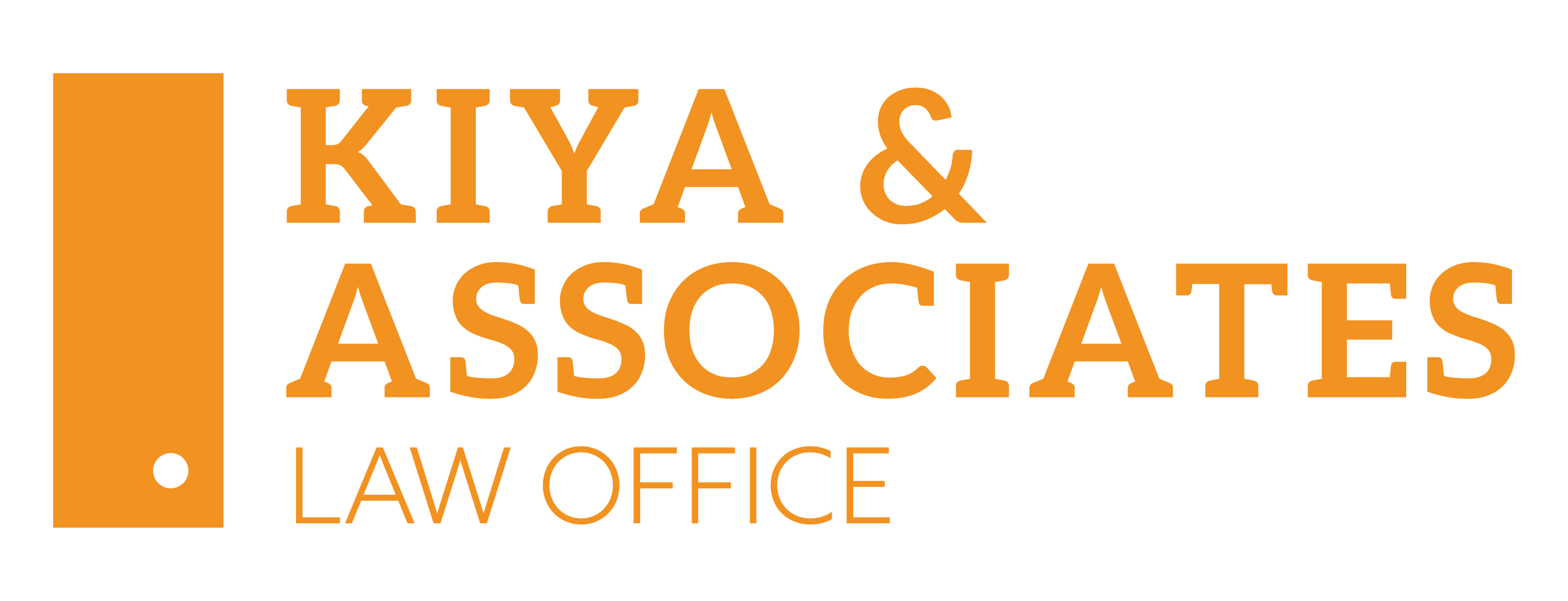Foreign Bank Entry into Ethiopia: Regulatory Overview and Licensing Procedures
For decades, Ethiopia’s banking sector remained closed to foreign investment. This policy shifted under the Homegrown Economic Reform Program (HERP), leading to the enactment of Banking Business Proclamation No. 1360/2025 and National Bank of Ethiopia (NBE) Directive No. SBB/94/2025, which formally opened the sector to foreign participation. The Proclamation allows entry via subsidiaries, branches, representative offices, or share acquisitions, while the Directive provides the operational framework for licensing, capital requirements, supervision, and fees. This legal update summarizes the key regulatory provisions governing foreign bank entry and operation.


